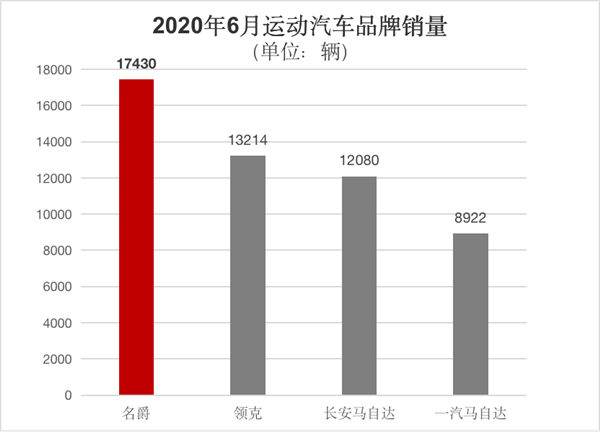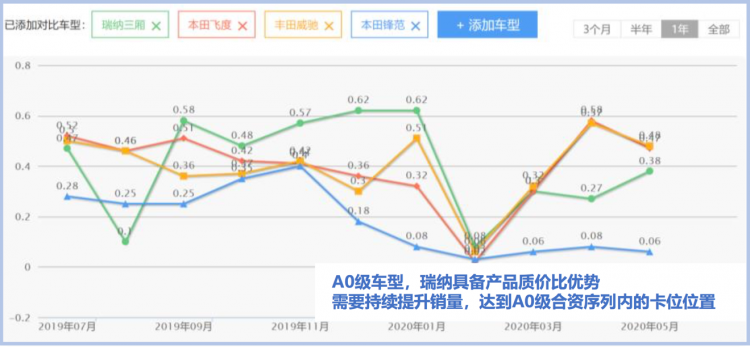The term “event town” is very interesting , and it is better than “sports town”. Because it has a handle, IP, and content, it will be more cohesive than the concept of sports .
The camp has the characteristics of being flexible and making full use of the environment . It combines the event and the camp. In the selection and utilization of the event, it is necessary to make full use of the current conditions of the camp to save costs and choose the project that best matches the venue. Participatory leisure sports events are suitable for most destination-style camps, while post-style and motel-style single-function camps often have limited customers and venues, so they are not suitable for embedding events. The camp itself with competition as its core attraction is to create a new category of “event camp”, and the camp has become its basic supporting function.
![[Industry] Create a new category of](https://img.ucar.run/ecar/7370.jpg)
Building an event camp will inevitably involve investment and financing issues. This will be discussed from the business model of the event and the camp, which can be roughly divided into three forms: ” introducing events into the camp”, “entering the event into the camp”, and ” event theme park”. Consider the investment of the venue from the perspective of the overall investment of the camp . As long as the account of the investment income can be calculated clearly, the basic logic and its own investment strategy are integrated; the competition actively builds a business model and actively seeks camp cooperation. The event itself has profitability, and secondly, it builds a win-win model with the camp, which shares the investment and operation risks of the camp, and provides a certain income guarantee, so the camp dares to invest; the third type is similar to land development, with resources in hand, Make part of the assets first, and then go to the path of capital.
![[Industry] Create a new category of](https://img.ucar.run/ecar/7371.jpg)
In the asset-heavy projects of camping or tourism , the one-time construction cost and investment of a single event are not too large, such as skiing, rally , and bicycle, which are highly integrated with the venue, cost less, and are easy to popularize to the public. Only the investment cost of comprehensive events is huge, and the utilization rate is low, so in events, we can emphasize the construction of individual events. It is mainly continuous operation, including equipment costs and inputs, but these can be used to balance investment through cash flow , so they are projects that can be handled .
If any industry wants to develop stably and sustainably , it must consider many aspects comprehensively. The first important point is to rationalize , avoid overinvestment and rote copying. Three ice and snow towns across the country are suitable, and 30 ice and snow towns That’s too much. Furthermore, considering the depth of the vertical industry, reasonably classify events , create IP, and integrate the development of the entire industry chain such as equipment production and sports education generated by an event. In the sports industry, strengthen leisure sports and competitions, turn low-frequency consumption into high-frequency consumption, increase the participation of the public, and at the same time achieve the deep , improve the physical fitness of the public, and increase more consumption .
![[Industry] Create a new category of](https://img.ucar.run/ecar/7372.jpg)
The creation of event camps is a win-win trend for both events and camps. Niche events are spread and promoted through the camp experience of mass consumption, and camp management welcomes new blood through special events. It is believed that the cross-border collision between the two will make the industry The future of development can be expected.




